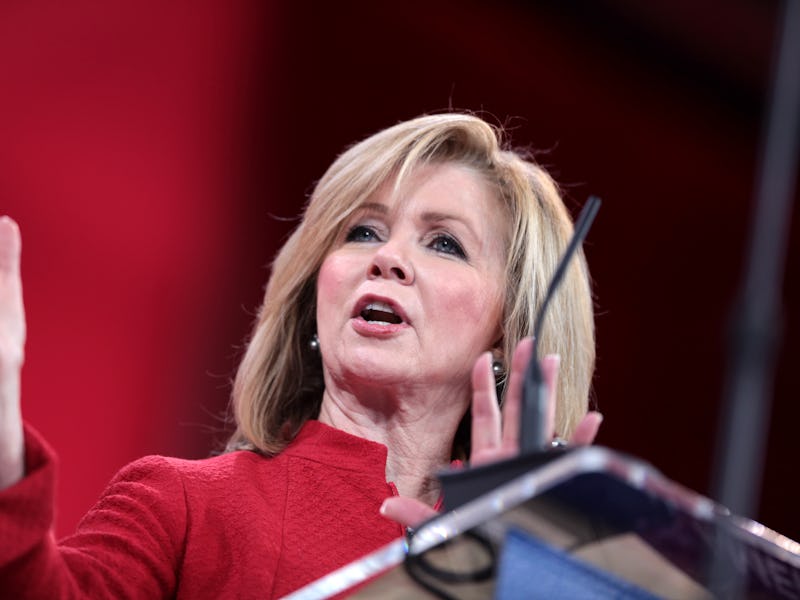Net Neutrality: 3 Key Takeaways from Internet Prioritization Hearing
Is paid prioritization unfair, or just business?

The congressional Subcommittee on Communications and Technology held a hearing Tuesday morning on the topic of internet prioritization, the speed at which some data is shared online relative to other data. While the discussion wasn’t explicitly about net neutrality, the hearing helped elucidate one of the key disagreements between the proponents and opponents of net neutrality: paid prioritization.
In Washington, Net Neutrality Is a Partisan Issue
Popular support for net neutrality cuts across party lines. But in Washington, net neutrality remains highly politicized. In his opening statement, Republican Chairman of the Committee on Energy and Commerce Greg Walden decried efforts to reinstate net neutrality through a congressional vote.
“Rather than waste our efforts on partisan legislation like the CRA, we hope our colleagues on both sides will join our effort to develop legislation that will provide lasting solutions to some of the outstanding questions regarding internet traffic management,” Walden said.
There’s a Difference Between Prioritization and Paid Prioritization
In order for some internet features to work properly, some data is automatically prioritized. For example, streaming video requires more data to transfer than loading a page of text, so the video data is prioritized according to established protocols in order to make the video load properly. Because all data travels at the same speed, prioritization isn’t about sending some data faster than other data, but about dedicating more bandwidth to certain kinds of data.
Paid prioritization, on the other hand, is when a company pays an internet service provider (ISP) to provide customers with preferred access to their service. Paid prioritization is not about ensuring that the network achieves peak download speeds; rather, it’s about purchasing a competitive advantage.
Representative Greg Walden says that attempts to repeal the FCC's December decision are partisan.
Paid Prioritization Is the Main Concern for Net Neutrality Advocates
Net neutrality advocates like Matt Wood, policy director for the media advocacy organization Free Press, who testified at the hearing, worry that paid prioritization gives wealthy corporations an unfair advantage on the internet because they can afford to pay ISPs for better service. Paid prioritization was banned under the previous net neutrality regulations that were repealed by Chairman Ajit Pai and the FCC in December.
“Jettisoning the paid prioritization ban would upset that balance and radically change the internet in the bargain,” Wood said. “The ban only prevented ISPs’ from favoring traffic in exchange for payment from third parties, or to benefit an ISP’s affiliated video or voice offers. It did not ban user-directed traffic management, or innovations that might depend on that.”
Opponents of net neutrality say that lifting the ban on paid prioritization will boost competition among ISPs. Open internet activists, however, fear that because a few ISPs already hold a near-monopoly in many regions of the country, paid prioritization will just harm consumers.
The FCC’s repeal is set to go into effect around April 23.